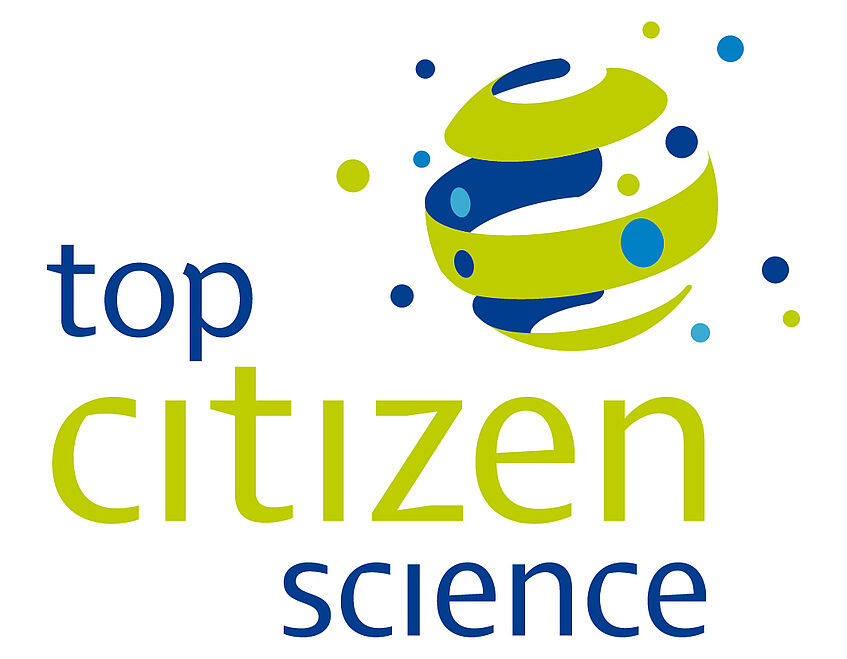Views in*t(w)o Literacies. Digital Literacy Narratives about reading, writing and language learning

Views in*t(w)o Literacies. Digital Literacy Narratives about reading, writing and language learning
a Top Citizen Science project, funded by the Federal Ministry of Science, Research and Economy (BMWFW), the Austrian Science Fund (FWF) and the OeAD
Funding period: January 2017 - April 2020
Interactive Web-Platform: http://v2l.myliteracies.net/
Team: Nadja Kerschhofer-Puhalo (project lead), Werner Mayer, Sarah Ritt, Eva Vetter
Background information
Literacy – the use of writing and written language – is part of our every-day social practices. Learning to read and write is more than just developing technical skills; language acquisition is more than just learning words. The use of the written word in every-day life is considered here as a collection of interactive processes between texts, authors, readers, languages, contexts, institutions and societies that shape and are shaped by literacy practices in specific social contexts. This project asks for the many aspects of literacy-related practices and learning processes as experienced by language learners and literacy users.
What is this project about?
Citizens are encouraged to share their personal experiences with literacy and language learning by creating Digital Literacy Narratives, a combination of Digital Storytellingand Literacy Narratives.
Digital Literacy Narratives (DLN) are first-hand narratives about reading, writing and language learning in any form, context or media. These digital stories are composed of language(s) in oral or written form combined with images, video, music, motion or other modes. Literacy Narratives may tell us stories about books, bed-time-stories, learning Chinese characters or reading a Holy Book, about struggling readers, developing a personal handwriting, about changing your online status or composing websites and about all the experiences related to these events. They tell us about writing and reading, about children and adults, about current learning processes or experiences in the past, about learning and teaching, success and failure, sharing and being excluded, about memories of the past or dreams for the future.
Who can participate?
We invite participants of any age (child, teenager, adult, or senior), any level of language proficiency, with diverse learning experiences, educational backgrounds, occupational or legal status, to contribute to our collection of Digital Literacy Narratives.
How to participate?
Citizens are encouraged to (1) create their own Digital Literacy Narrative (DLN) and share them with the research group and/or the public via the interactive Views in*2 Literacies-web-platform, (2) comment on existing contributions and postings on the website, and/or (3) perform DLN-projects in schools and other educational institutions.
Before participating, users will have to sign in with a valid e-mail address and to choose a nickname. Registered persons can submit a contribution under their nickname (pseudonym). Published contributions can be commented and discussed by other users. Participants from diverse target groups will be able to communicate via the project’s web-platform to exchange their experiences, views and ideas.
Teachers are particularly encouraged to participate by organizing their own DLN-project and will be supported with How-to-tutorials and other materials. Experiences and materials from pilot workshops starting in spring 2017 will be available on the project’s website.
Data handling and data analysis
All incoming contributions will be accepted as part of the corpus. Only those contributions that authors wish to share will be published on the website. Commenting, liking, asking and discussing are other forms or participation that contribute to our research aim, the reflection of favorable and adverse conditions of literacy and language learning.
General objectives
Literacy Narratives give us an understanding of socially constructed values and beliefs that shape and are shaped by literacy practices in complex cultural, political and historical contexts. Major objectives of the project are to encourage individuals to express their experiences, thoughts, attitudes and ideas about successful learning processes and to pool experiences of academic and non-academic individuals. Each contribution may help to improve and diversify the ways literacy and languages are learned or taught and to create new directions for language teaching and learning.


